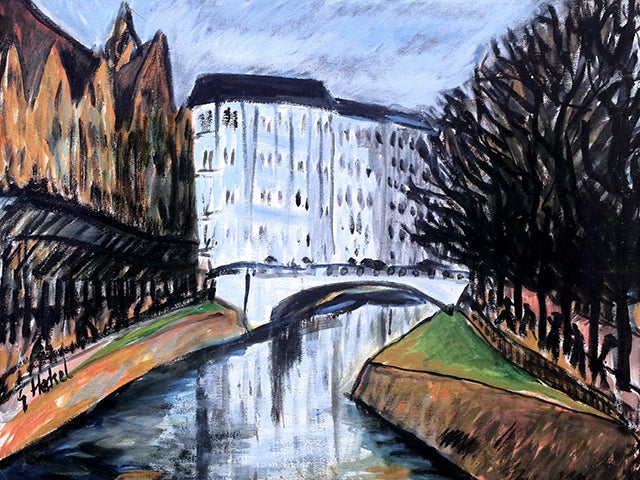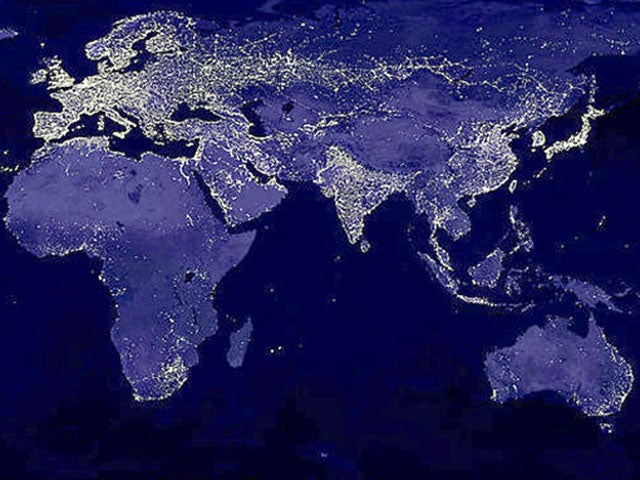Reading and Composition
Instruction Mode: Online
Open Seats
1 Unreserved Seats

Instruction Mode: Online
Open Seats
1 Unreserved Seats

Instruction Mode: Online
Open Seats
2 Unreserved Seats

Instruction Mode: In-Person Instruction
Open Seats
62 Unreserved Seats

Instruction Mode: In-Person Instruction
Open Seats
36 Unreserved Seats

Instruction Mode: In-Person Instruction
Open Seats
76 Unreserved Seats

Instruction Mode: In-Person Instruction
Open Seats
10 Unreserved Seats

Instruction Mode: In-Person Instruction
Open Seats
2 Unreserved Seats

Instruction Mode: In-Person Instruction
Open Seats
11 Unreserved Seats

Instruction Mode: In-Person Instruction
Open Seats
16 Unreserved Seats

Instruction Mode: In-Person Instruction
Open Seats
14 Unreserved Seats
